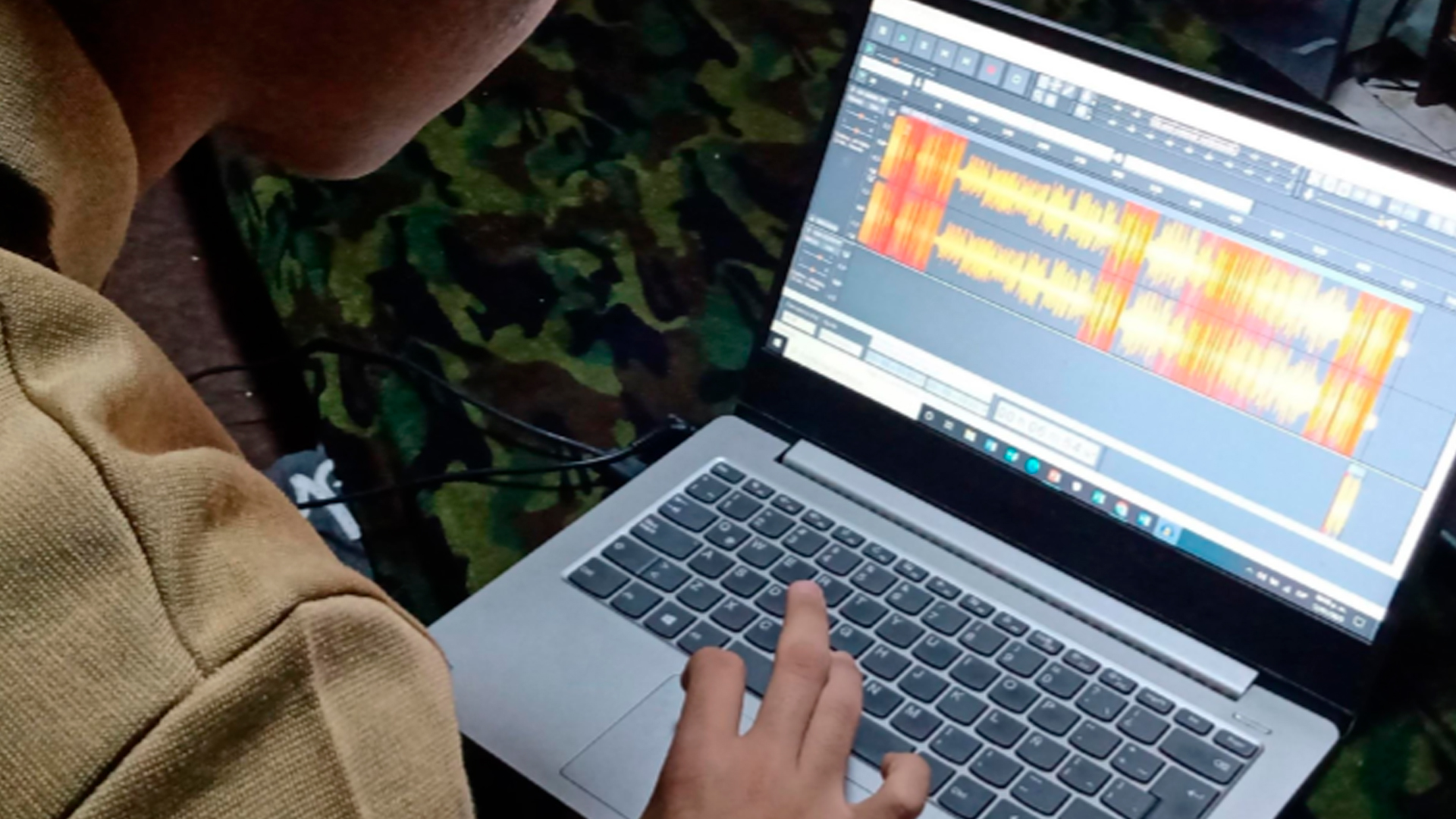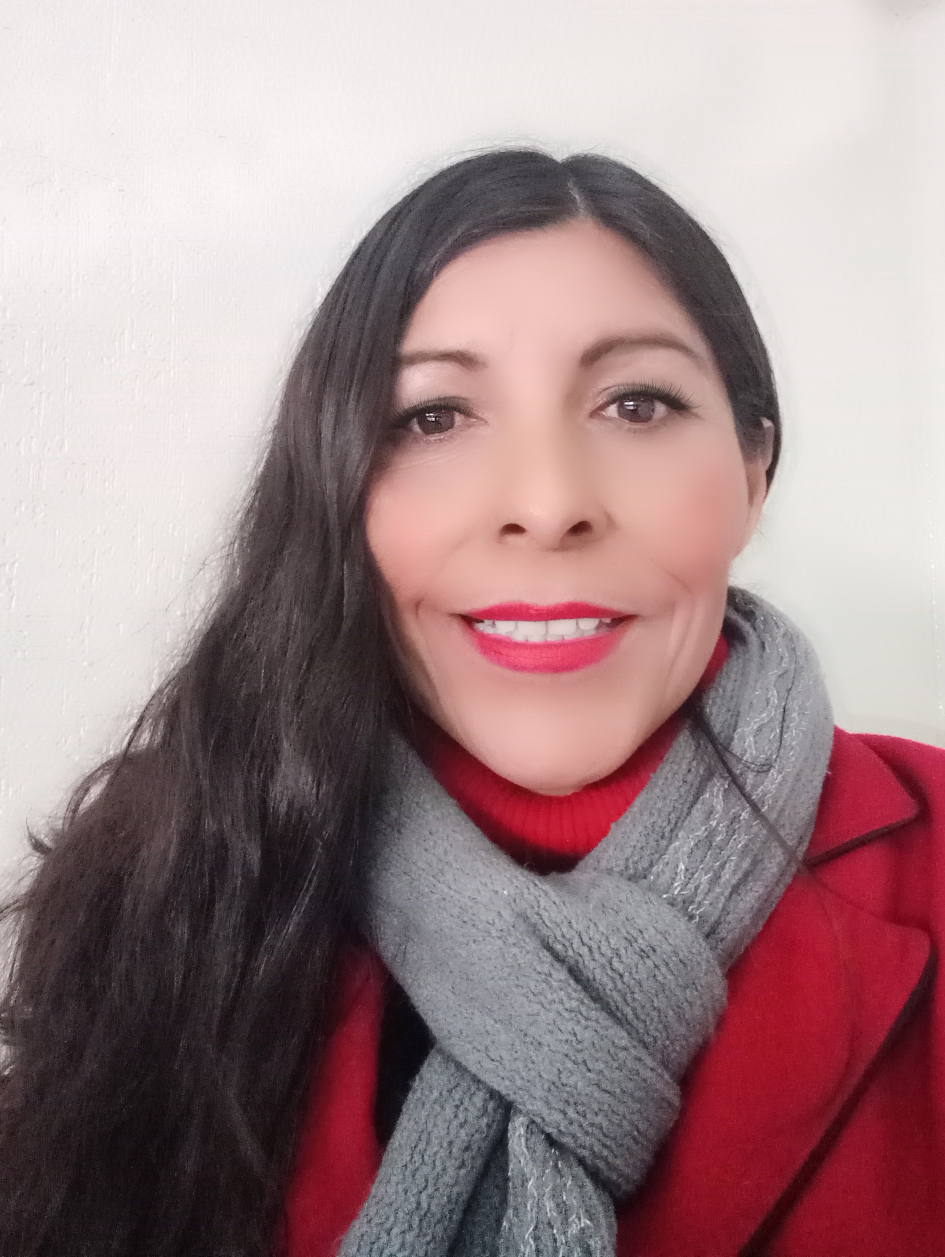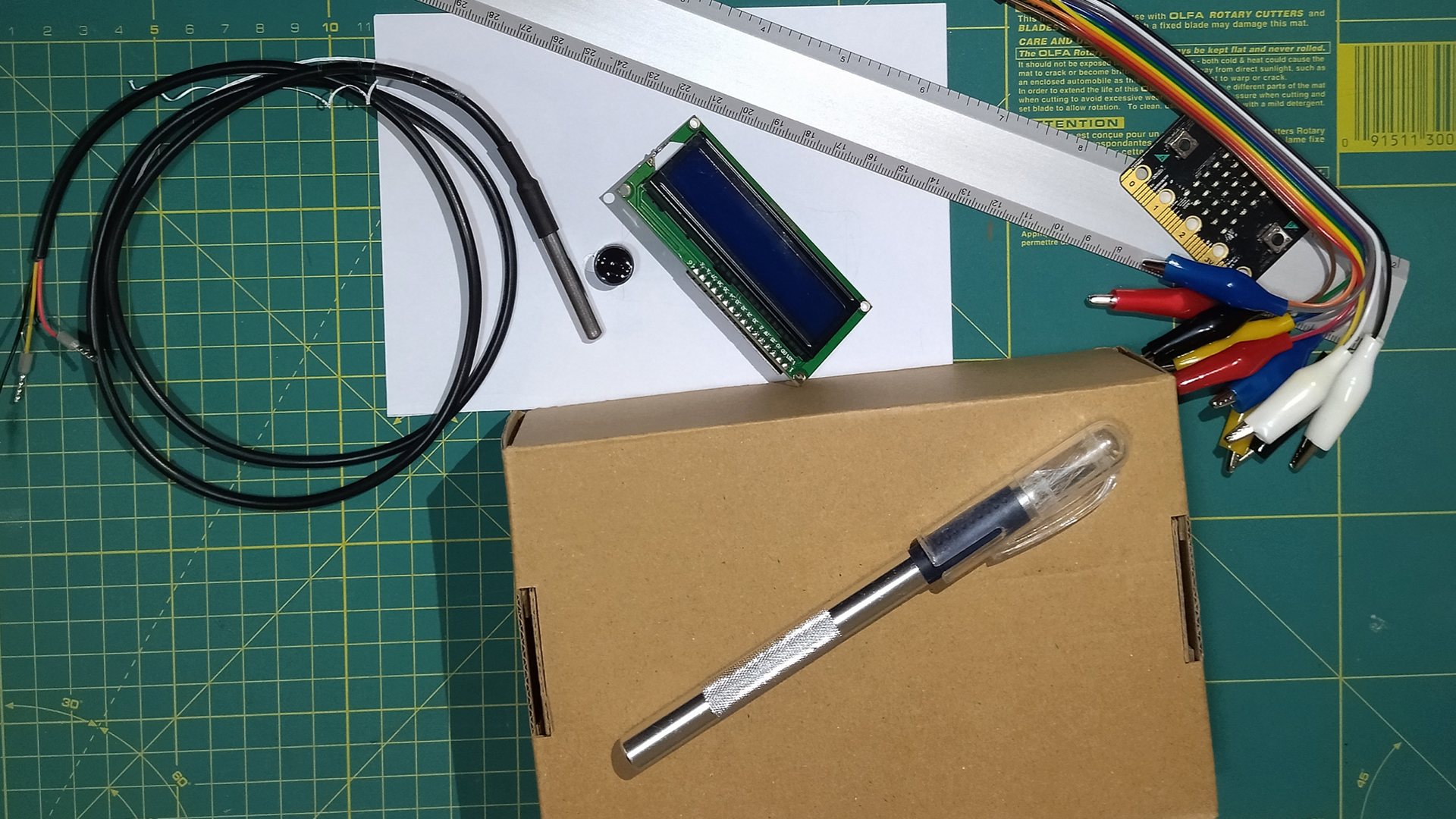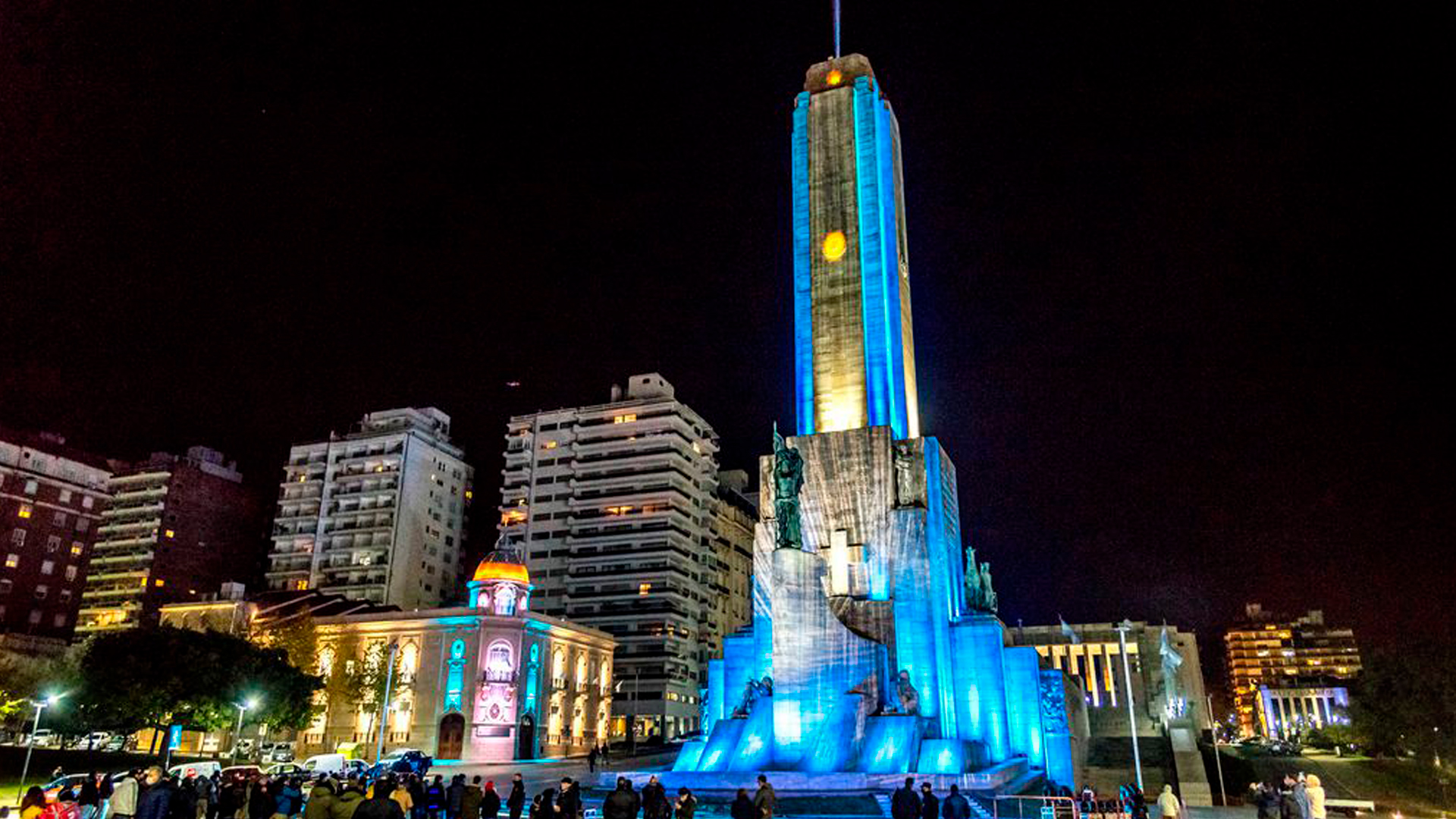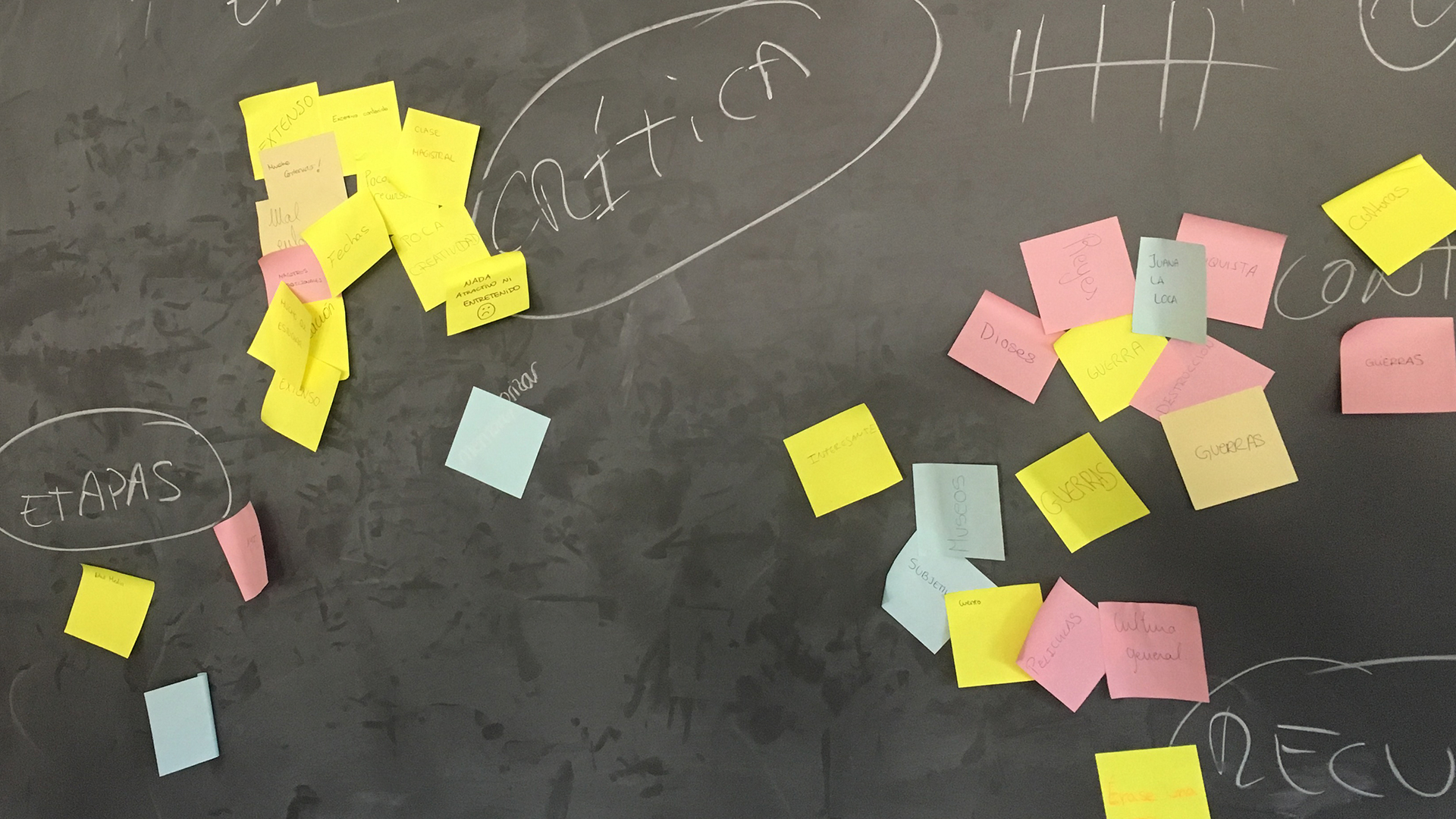Media Literacy
Classroom Experience
Informing the Youth: a school podcast
Technnical Secondary School No. 30 Ing. Alejandro Guillot Shiaffino, CDMX, G.A.M borough Show map
“Informing the Youth” is an educational experience in which secondary students work in communicational media to make a podcast that reflects their impressions and criticism on the topic: Do radio contents reflect society?.
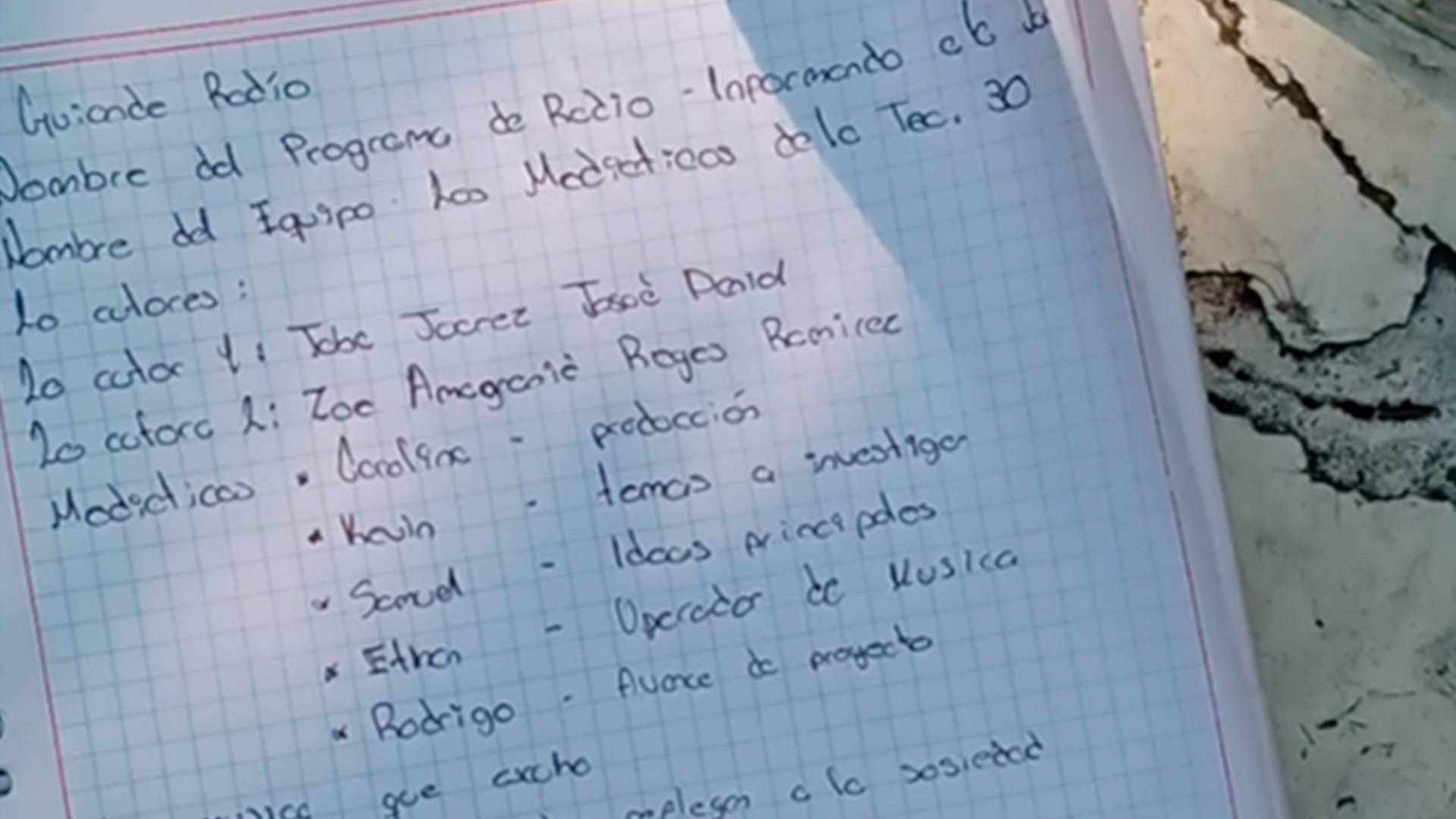
Context
Though this experience started with a call made by the Federal Telecommunications Institute for the competition My School Online - Developing Media Competences, it became a permanent project for our educational community, since it promotes critical and reflective thinking on the media and encourages the capacity to think, analyze and judge as information consumers and media users.
Highlights...
Informing the Youth was not a fleeting podcast: it continues with more programs, inviting students and teachers to participate in recordings and to contribute with ideas and opinions, leaving their imprint on the community that listens to them during recess.
In 2022 seven programs were broadcast in the school and on social media.
This type of work reveals hidden as well as evident needs. Each student is unique and has a different life story, but participating in this activity makes them change their environment or reflect upon their needs concerning diverse aspects of life, which they hadn’t considered in a more practical, analytical or playful way in their school environment.
Objectives
Didactic sequence
1
![]()
Presentation of the proposal
Invite students to investigate the different topics and formats. There were four topics proposed: "what music do I listen to", "what would I like to hear on the media", "what do I think about information on the media", and "do radio contents reflect society"?
2
![]()
Selection of topics
This stage is about selecting topics and formats for the podcast. In this case they chose: "Do radio contents reflect society"?
3
![]()
Scheduling
Students collaboratively made a schedule of activities that included responsible people, research topics, deadlines, etc.
4
![]()
Podcast recording
Each one creates their capsule: debate, development, edition. The key is to issue reasoned opinions and to share useful information about the selected topic. In this case, the information had to respond to what radio contents had been analyzed and what kind of society was in mind when answering whether these contents reflected society.
5
![]()
Dissemination and assessment
Presentation of the final project at the school and on social media. There was also group feedback.
Assessment and conclusions
Successes
This activity, which differs from the ones students usually experiment with in class, helped them develop, personally and as a group, their cognitive and intellectual potential.
The barriers that divide school grades were broken so that different classes could work together. Students felt like part of the same community despite the age differences.
Have the support of institutional authorities.
Things to improve
Accomplish an interdisciplinary project to enrich the process.
Everyone at school should know how to manage technological tools; only a few students understand how to use them.
Students did a diagnostic assessment to check how much they knew about radio content and how much it reflects society. Then they carried out a formative assessment, a self-assessment, a peer assessment and a co-evaluation.
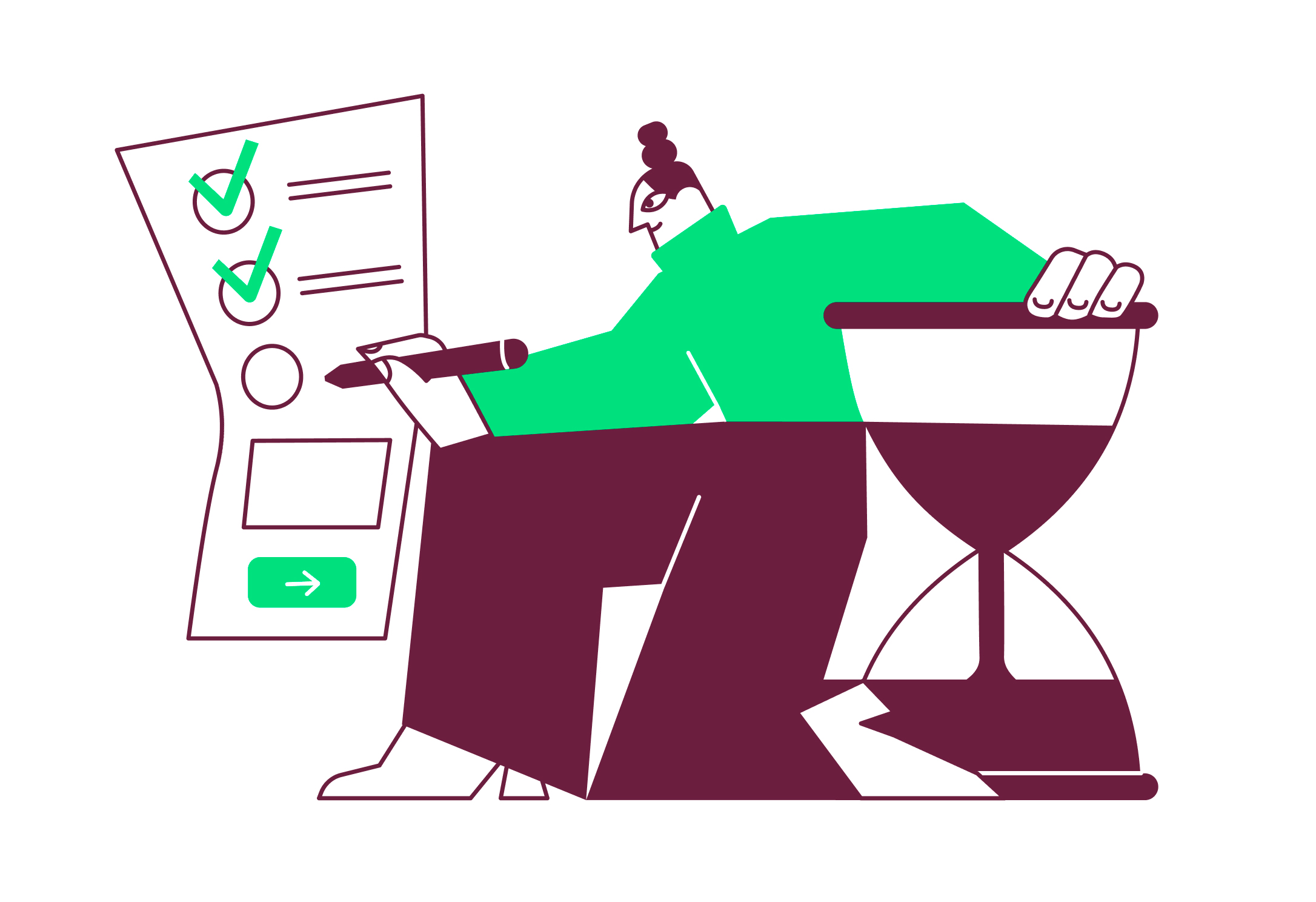
Take this experience to your classroom!
Tips to adapt the experience to your classroom
1
Engage
Students by showing them how society requires us to be upated and work on media-related issues.
2
Letting students propose
And consider their proposals will get them more interested. Avoid imposing topics on them.
Resources and materials
Pedagogical links
Technical links

